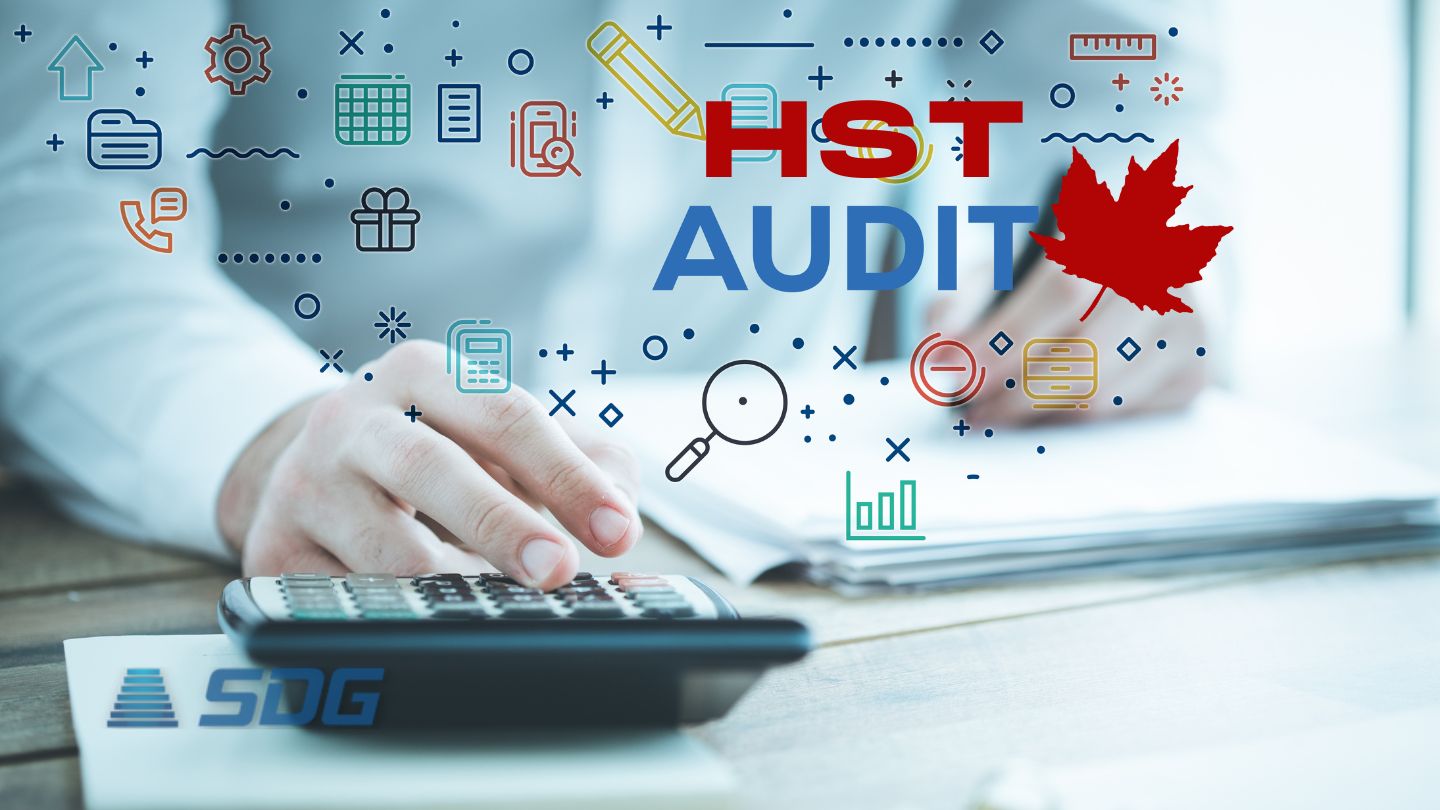
GST/HST for Business and Self-employed Individuals 101
GST/HST is an integral part of running a business, and not understanding the rules surrounding sales tax can be damaging for your business. Self-employed Canadians

In the realm of Canadian tax compliance, businesses often face the intricate landscape of the Harmonized Sales Tax (HST). The Canada Revenue Agency (CRA) conducts audits to ensure businesses follow the rules and guidelines. This case study illuminates how SDG Accountants expertly navigated a demanding HST audit on behalf of XYZ Transport Inc., skillfully resolving substantial Input Tax Credit (ITC) challenges. The narrative delves into the nuances of the audit process, highlighting a strategic and methodical approach that led to noteworthy financial savings.
In the early months of 2023, XYZ Transport Inc., a respected player in the trucking industry, received a notice from the CRA, indicating a forthcoming HST audit. This notification left our client with a substantial challenge, as the CRA had called into question over $120,000 in ITC claims. These challenges raised concerns regarding potential liabilities and financial impacts. To address this substantial challenge, XYZ Transport Inc. enlisted the expertise of SDG Accountants on February 5, 2023.

GST/HST is an integral part of running a business, and not understanding the rules surrounding sales tax can be damaging for your business. Self-employed Canadians
The audit process began with a meticulous examination of the CRA audit notification. This examination unveiled the objectives and requirements of the audit, offering insight into the complexity of the impending challenge. The audit notification specified several areas of focus, including:
Book a free 15-minute, no-obligation consultation to get more information about how we can help you with your specific needs.
Start My Tax PrepSDG Accountants responded systematically to address the audit challenges. The approach involved several key steps:
SDG Accountants responded systematically to address the audit challenges. The approach involved several key steps:
At the close of the audit, the results were both substantial and quantifiable. XYZ Transport Inc. successfully saved $114,000 of the initially contested $120,000 in ITCs. This remarkable outcome showcases the importance of professional expertise and comprehensive documentation in managing complex tax audits.
SDG Accountant remains committed to achieving tangible results in tax-related challenges. Contact us for expert guidance, and we will help you navigate tax audits with confidence, ensuring financial compliance and securing your financial affairs. Your success is our mission!
The information is not intended to constitute professional advice and may not be appropriate for a specific individual or fact situation. It is written by the author solely in their personal capacity and cannot be attributed to the accounting firm with which they are affiliated. It is not intended to constitute professional advice, and neither the author nor the firm with which the author is associated shall accept any liability in respect of any reliance on the information contained herein. Readers should always consult with their professional advisors in respect of their particular situations.
— Sami Ghaith
CPA, CGA, MBA